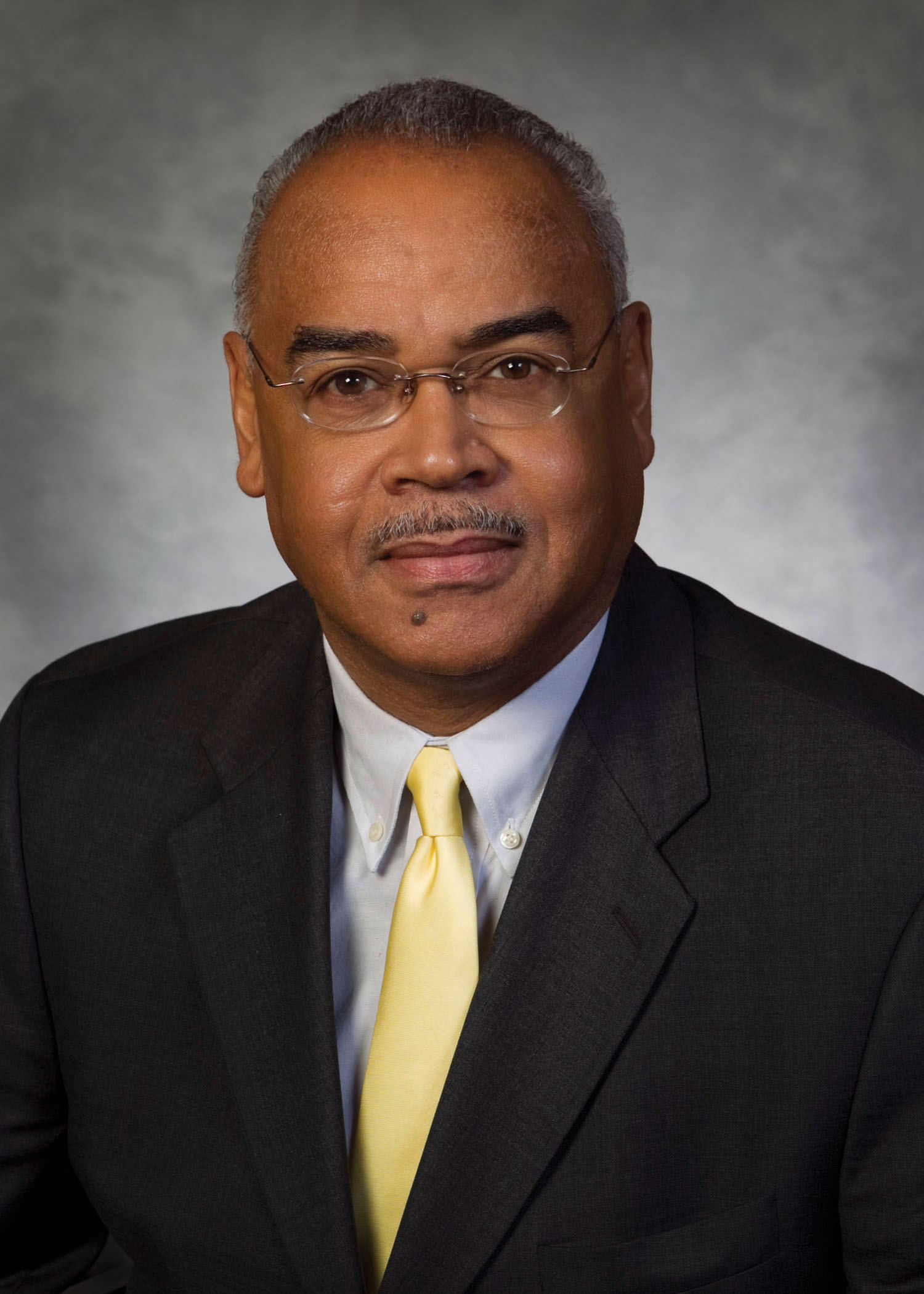 As boys in Alabama’s Perry County, Ronald Wyatt, M.D., and his brother wanted to cut down trees, fish, and pick cotton like the great-uncle who raised them. While they eventually learned to do some of those things, their fourth-grade-educated uncle regularly told them that “he wanted us to learn to pick up nothing heavier than a pencil,” Wyatt says. “He wanted us to get an education.”
As boys in Alabama’s Perry County, Ronald Wyatt, M.D., and his brother wanted to cut down trees, fish, and pick cotton like the great-uncle who raised them. While they eventually learned to do some of those things, their fourth-grade-educated uncle regularly told them that “he wanted us to learn to pick up nothing heavier than a pencil,” Wyatt says. “He wanted us to get an education.” Soon after Wyatt left Perry County to pursue that education in Tuscaloosa, his great-uncle was rushed to the hospital in severe pain. He waited and waited for medical attention but eventually died. More than 30 years passed before Wyatt and his family learned the cause of death: appendicitis.
Wyatt, a 1985 graduate of the School of Medicine at UAB, now serves as medical director in the Division of Healthcare Improvement at The Joint Commission, which accredits and certifies health care organizations nationwide. He says he carries his uncle’s experience with him everywhere. “He is part of my motivation to change health care and change the world,” Wyatt says. “We are working to put patients and their families at the top of the priority list. We need to not hurt people. We need to focus on health.”
Enhancing Health Care
In his role at The Joint Commission, Wyatt is helping to lead the transformation of health care across the country. His office analyzes complaints from patients, families, and hospitals and determines what actions should be taken to resolve merited issues. He also travels around the country and educates health professionals about increasing transparency, patient safety, and quality improvement, and he is hopeful for the future of health care in America. This year, Becker’s Hospital Review listed Wyatt among 50 experts leading the field of patient safety.
“When I talk to organizations, I’m hearing more people talking about increasing transparency and reporting where things went wrong,” Wyatt says. “We’re gathering momentum, and I am extremely optimistic.”
Prepared to Lead
Wyatt credits his UAB medical education for preparing him for a long career in medicine. Two attending physicians, Roy Roddam, M.D., and Gene Ball, M.D., especially made an impression. A “master diagnostician,” Roddam “taught us how to think,” Wyatt says. And Ball, Wyatt’s attending physician at the Veterans Affairs hospital, “was a superb bedside internist.”
When Wyatt left UAB to enter the internal medicine residency program at Saint Louis University, he quickly realized he was way ahead of other first-year residents in terms of knowledge and skills—a compliment to his UAB education, he says. He eventually became the first African-American chief resident at Saint Louis University.
After completing his residency, Wyatt practiced medicine in a variety of settings, including the Department of Veterans Affairs, the U.S. military, community health centers in Missouri and Alabama, and in private practice. Wyatt also served as a clinical instructor in the Department of Internal Medicine at the Saint Louis University School of Medicine, and as an assistant professor of internal medicine and special assistant to the dean for minority affairs for the UAB family medicine residency program in Huntsville. Before his appointment to The Joint Commission last year, Wyatt served as a fellow at the Institute for Healthcare Improvement and the director of the Patient Safety Analysis Center in the Department of Defense.
No Higher Calling
Through his current work, Wyatt isn’t just improving the patient experience across the health care spectrum; he’s also honoring the memory of his great-uncle. “There is no higher calling than when people trust their health and lives to us,” Wyatt says. “We have to figure out how, in a significant way, to improve what we do—not for the money but for the quality of care.”
This story, written by Nancy Jackson, first appeared in the Summer 2013 edition of UAB Medicine Magazine.